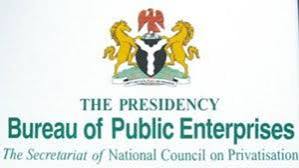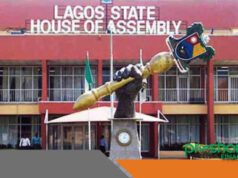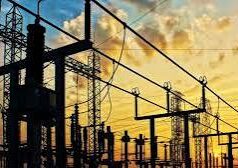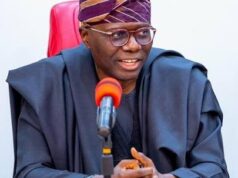
The Director General of the Bureau of Public Enterprises, Ayodeji A. Gbeleyi has challenged the Nigerian Independent System Operator (NISO) to raise electricity production from just over 5,500MW to 8,500MW within a year. He made this call during the NISO Senior Leadership Team Retreat in Abuja.
Gbeleyi stated, “Today’s National Broadcast of Electricity reports about 5,500MW being generated. I sincerely hope that in 12 months, our transmission system will support around 7,500 to 8,500MW of capacity.”
He also explained to reporters that Nigeria’s electricity industry currently transports about 5,500MW daily, while the total generation capacity exceeds 14,000MW.
He believes this goal is in reach, saying the industry can increase its capacity by at least 50% in the next 12 to 18 months.
“Our current daily wheeling is roughly 5,500MW,” Gbeleyi said. “The total capacity, based on the nameplate, is a little over 14,000MW. It’s possible that within a year and a half, we can boost that wheeling capacity by at least 50%,” he added.
He emphasized that since most of the power generation capacity already exists, strengthening the grid could allow distribution to also grow.
He announced that the federal government has secured a $500 million loan from the World Bank to upgrade the power distribution network.
Additionally, the Nigerian Electricity Supply Industry (NESI) plans to install 3.2 million new meters.
Gbeleyi explained, “Because the power generation capacity is there, if we improve the grid and make it more reliable, we can also increase distribution capacity.”
He added that the government has obtained a $500 million loan to fund the distribution upgrade. This effort will include the deployment of 3.2 million meters across Nigeria.
The Presidential Metering Initiative aims to add 2 to 3 million meters, bringing total metered connections to around 7 million.
He expressed hope that these steps will lead to better electricity access for Nigerians.
Meanwhile, NISO Managing Director Abdu Mohammed said achieving 8,500MW is possible through better coordination and more private sector investment.
He referenced the Nigerian Electricity Regulatory Commission (NERC) chairman, Engr. Sanusi Garba, represented by Commissioner Dafe Akpneye, who confirmed that NISO can meet this goal.
Mohammed added that modernization, along with a stable and reliable grid, is part of the plan.
He also mentioned new contracts for the Supervisory Control and Data Acquisition (SCADA) system, covering the entire country.
Work is already underway in the northern parts of the grid. Contractors are working tirelessly across different regions.
He revealed that by the end of next year, the SCADA system will be operational nationwide.











